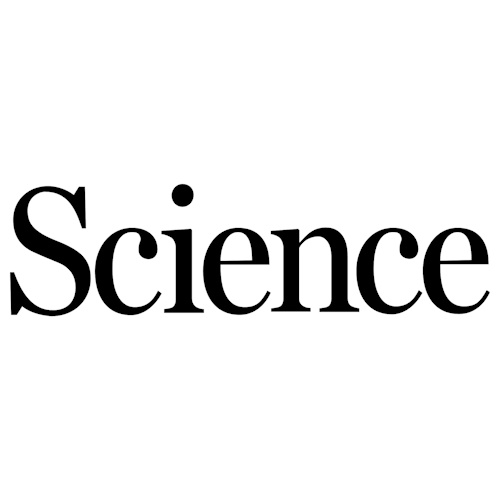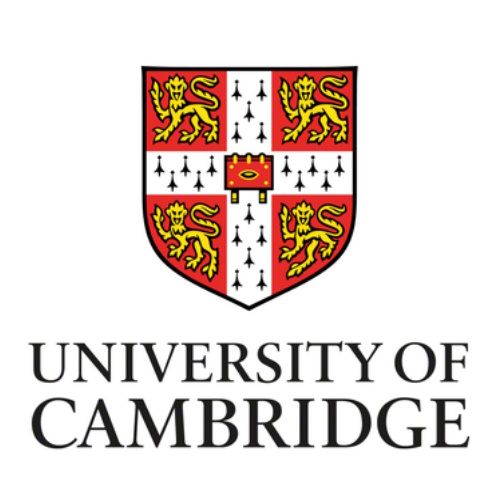Key points from article :
UK scientists have undertaken a huge "archaeological dig" of cancer in the UK, analysing the complete genetic make-up - or whole genome sequence - of tumours from about 12,000 patients.
Analysed anonymised DNA data provided by the 100,000 Genomes Project.
The unprecedented amount of data allowed them to uncover new patterns in the DNA of cancer, ultimately helping improve diagnosis and treatment.
Whole genome sequencing can provide another layer of key information.
The NHS long-term plan aims to make it more widely available, through the NHS Genomic Medicine Service.
Lead researcher Prof Serena Nik-Zainal, said "We can see the patterns or imprints in the field of their cancers - like dinosaur footprints - of what is going wrong with their cancers."
"And everyone's cancer is different. To know we can personalise each person's cancer report means we are a step closer to personalising treatment for them."
Researchers were able to detect specific combinations of genetic alterations - so-called "mutational signatures"
Researchers also created a computer programme to help scientists and doctors check whether patients have any of the newly discovered mutational clues.
Research by the University of Cambridge published in Science.








